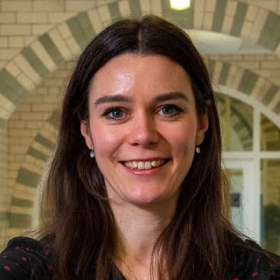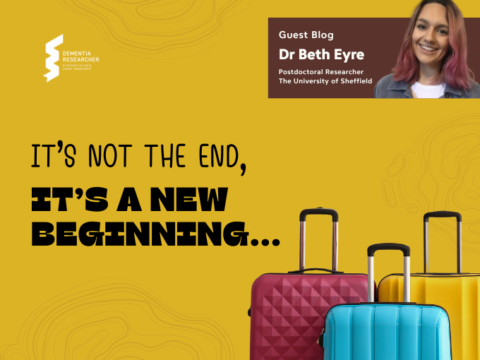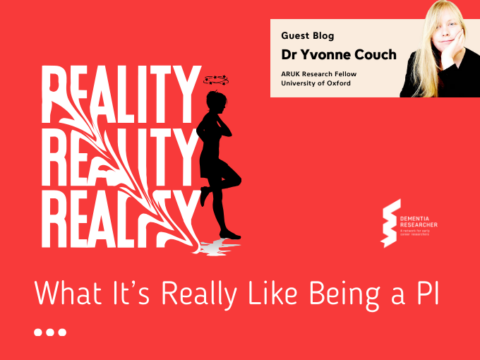Back at my home office, this week has been full of learning, networking, policy talks, walking through sunny Westminster and London, and a bit of power dressing of course. This has been the first time in two years that I’ve attended a face-to-face academic/policy event, fair to say I was a bit apprehensive because of COVID, but for most of it, it was safety wise managed well.
A few months ago, I randomly applied for the Royal Society Pairing Scheme. The Royal Society is the oldest scientific academy in continuous existence in the world and has 85 Nobel Laureates as Fellows. Each year, the Pairing Scheme matches scientists across the UK with MPs, Lord and Ladies, and senior civil servants, hosting a week of learning about the interface between science and policy in Westminster, and also enabling the politician/civil servant to visit the scientist’s institute later in the year.
Whilst I have been shortlisted this year, which came as a complete surprise!, no politician or civil servant picked my topic area to match with theirs – maybe because social care is truly in the spotlight these past two years, or simply because of lack of time and too many other commitments. Being shortlisted in itself was a privilege though, allowing me to attend a couple of days in Westminster and meet senior civil servants and lots of scientists. Plus, I’ll be automatically shortlisted again next year to then be matched. Win win?
The reason I’ve applied for the Scheme was that I want to understand better the practical ways in which we as scientists can influence policy and make an impact. That’s only been heightened by the pandemic and our research into how restrictions have affected social care for dementia – at home and in care homes. Whilst we rapidly produced the findings, and even produced two policy briefs, with the Liverpool Heseltine Institute, how can findings actually make an impact and improve the lives of people with dementia and their carers for the better?
Big question, but what’s the point of just doing research and it stays in that elusive ivory tower?
Back to Westminster, the first day was jam packed – starting with going to the Royal Society head quarters and being surrounded by fabulous paintings of famous scientists. We heard from Royal Society staff about that interface between science and policy and from Select Committee staff about how to submit good and influential evidence to Select Committees. The day was rounded off with an evening reception at Westminster (yes, in the grand old building), but I must admit the COVID safety measures weren’t too stringent so I left early and caught my train back up North.
Back on Thursday, we heard from the Director of GO Science, Stuart Wrainwright, and asked plenty of questions to a panel comprising very senior civil servants from DEFRA, GO Science, and others. Interestingly, a lot of questions also focused on the gender bias in policy roles, and us scientists were keen to hear how more women are encouraged and supported to reach top positions in policy roles.
To sum it up, I’ve certainly learned more about how we can better try to create impact with our research and ultimately try and improve the lives of the populations we research and work with. But, and as civil servants and the Royal Society acknowledged, there is still a lot that can be done to make that interface more workable and easier to navigate. It was definitely engaging to speak to scientists and engineers from all different backgrounds, waving the flag for dementia social care myself.
Looking forward to being paired up next year and even more policy talks and networking!
Ed: Come back in September to hear a podcast sharing more information on the pairing scheme.

Dr Clarissa Giebel
Author
Dr Clarissa Giebel is a Senior Research Fellow at the University of Liverpool and NIHR ARC North West Coast. Clarissa has been working in dementia care research for over 10 years focusing her research on helping people with dementia to live at home independently and well for longer, addressing inequalities that people with dementia and carers can face. Outside of her day work, Clarissa has also organised a local dementia network – the Liverpool Dementia & Ageing Research Forum, and has recently started her own podcast called the Ageing Scientist.

 Print This Post
Print This Post




